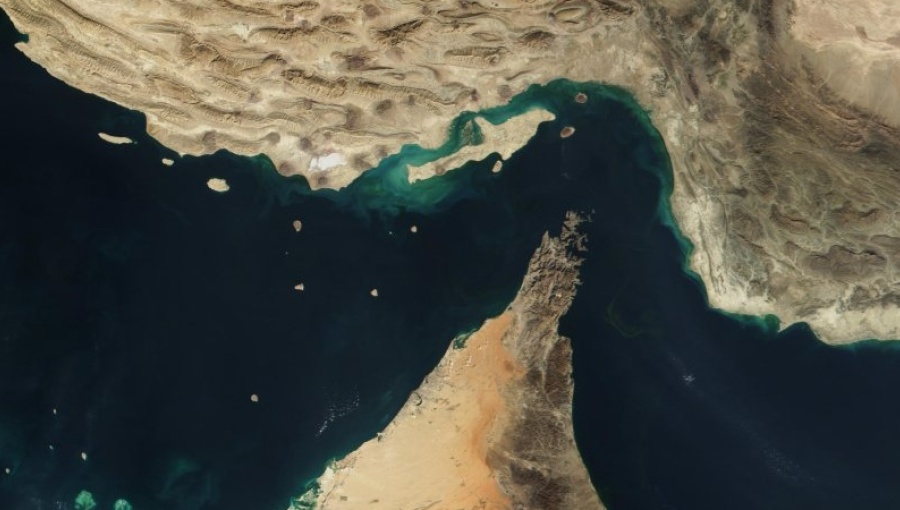Iran exporting million barrels of oil a day tracking firm data indicates

Newly compiled data suggests that Iran is presently managing to export a million barrels of oil a day despite the US effort to drive Iranian crude off world markets, according to Tankertrackers.com, a satellite-technology oil tanker tracking firm.
The company, which monitors the movements of oil and gas tankers on the high seas, said the activity of Iranian tankers during January indicated exports of 31mn barrels, or 1mn b/d. Reuters in mid-January, citing Refinitiv data, assessed that Iran’s crude and condensates exports were lately down to 400,000 b/d, compared to a May 2018 peak of 2.8mn b/d.
Samir Madani, co-founder of TankerTrackers.com told bne IntelliNews that the Iranians and foreign companies were exporting Iranian crude to destinations including the East Asia and Mediterranean Sea regions.
"A strong rebound of Iran's crude oil exports took place during January, doubling up to one million barrels per day. A large portion of vessels were foreign, which have been greatly under-represented since the sanction waivers [previously awarded to a handful of importers of Iranian oil by the US] expired last April. Between 7-10% of this oil will reach Syria over the coming days and weeks via the Suez Canal while the rest heads to the Far East and to oil traders closer to home.”
‘No desire to blockade Hormuz’
“All in all, these numbers confirm our original analysis that Iran has absolutely no desire to impose a blockade on the Strait of Hormuz because it relies on it just as much as its biggest [oil] client [China] does," Madani added.
Around 30% of exports of all oil and oil liquids pass through the Hormuz chokepoint running by the Iranian coast and analysts regularly assess whether Iran might be tempted to blockade it as a tactic in its standoff with the US over whether the Islamic Republic should sign a revised agreement with major powers to curtail its role in Middle East affairs.
China, meanwhile, has as part of its first-phase trade deal with the US agreed to greatly up its imports of American energy shipments. Iran may be worried that Beijing’s current surge in buying Iranian oil may be a precursor to it winding down purchases in coming months under US pressure.
The Chinese purchasing pattern follows that of other countries that eventually discontinued imports of Iranian oil.
Iran has lately been stepping up its lobbying of India to stick with Iranian oil despite the US sanctions threat. India was typically talked about as the second biggest importer of Iranian oil prior to the Trump administration’s move to try and reduce exports of Iran’s crude to zero.


Follow us online